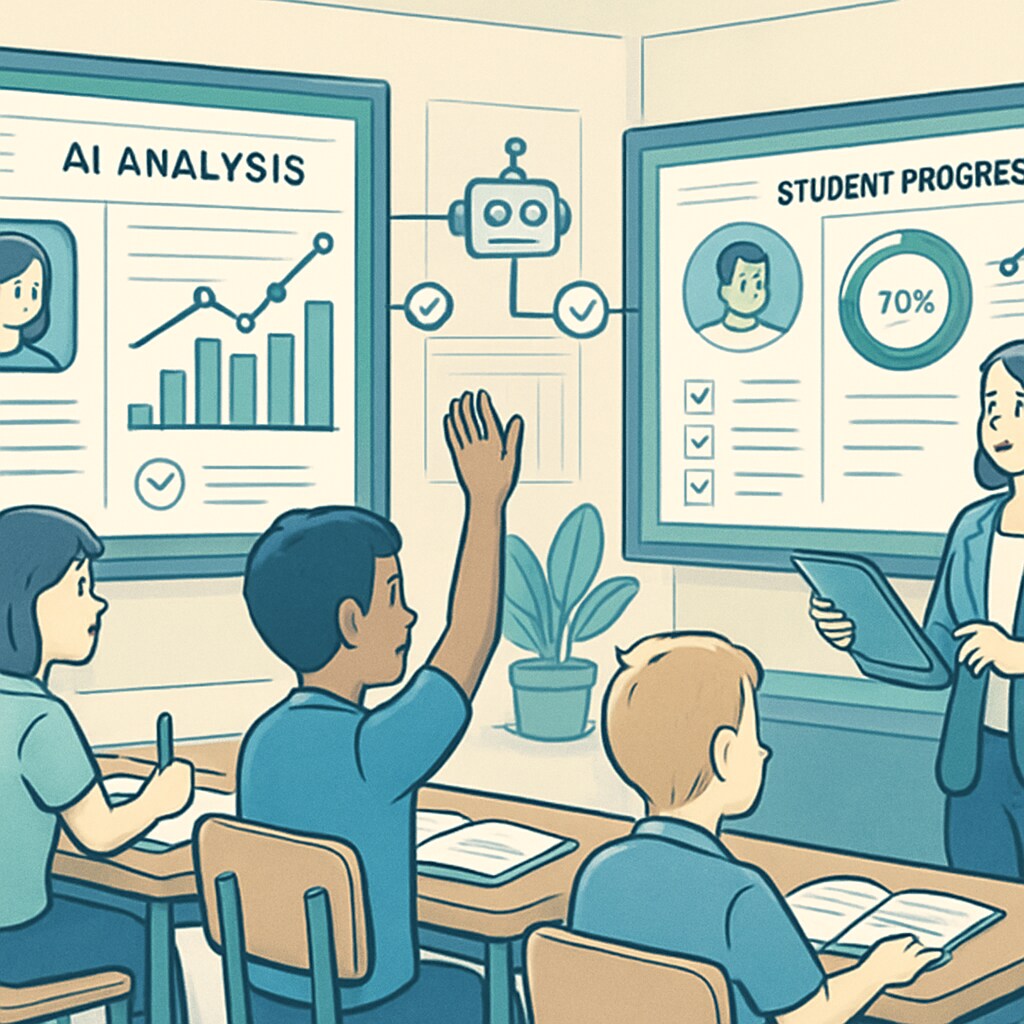Artificial intelligence (AI) is poised to transform the education system, especially K12 learning, over the next 5-10 years. By introducing personalized learning experiences, intelligent assessments, and redefining the role of teachers, AI offers a glimpse into the future of education. As a result, schools and educators must prepare for the profound changes that artificial intelligence will bring to the classroom.
Personalized Learning: Tailoring Education to Individual Needs
One of the most promising applications of AI in education is personalized learning. AI-powered platforms can analyze student performance, learning habits, and preferences to create customized learning paths. For example, tools like adaptive learning systems adjust lesson difficulty based on a student’s progress, ensuring they remain engaged while mastering concepts.
In addition, AI can provide real-time feedback, helping students address their weaknesses immediately. This approach not only boosts academic outcomes but also fosters confidence and motivation among learners.

Redefining Assessments with AI
AI is revolutionizing traditional assessment methods by introducing adaptive and intelligent evaluations. Instead of static exams, AI systems can dynamically adjust the complexity of questions based on a student’s ability, offering a more accurate measure of their understanding. Furthermore, AI can automate grading processes, saving teachers time and reducing biases inherent in manual evaluation.
For example, AI-driven platforms like Grammarly simplify essay evaluations by providing language and content analysis. Similarly, facial recognition and behavioral analysis tools help monitor student engagement during online exams, ensuring fairness and security.

Transforming the Role of Teachers
While AI will not replace teachers, it will redefine their roles in the classroom. Educators will shift from being primary knowledge providers to facilitators who guide students through AI-enhanced learning experiences. Teachers will also rely on AI-generated insights to identify areas where students struggle, enabling targeted interventions.
This transformation will free up teachers’ time, allowing them to focus on nurturing creativity, critical thinking, and emotional intelligence—skills that AI cannot replicate effectively.
Addressing Challenges and Ethical Considerations
Despite its benefits, the integration of AI in K12 education raises challenges. One concern is data privacy; AI systems require extensive student data to function effectively, which increases the risk of misuse. Additionally, schools must address the digital divide to ensure equal access to AI-powered tools, especially in underprivileged communities.
Ethical considerations also come into play. For instance, overly relying on AI algorithms may lead to a standardization of learning experiences, reducing the diversity of educational methods and creativity. Policymakers and educators must collaborate to create regulations that balance innovation with fairness.
Preparing for the AI-Powered Education Future
To fully embrace AI’s potential, schools and educators must begin preparing now. This involves investing in AI-friendly infrastructure, training staff to use AI tools effectively, and fostering partnerships with technology providers. Policymakers must also update curricula to incorporate AI literacy, ensuring students understand the technology shaping their future.
Moreover, ongoing research and pilot programs will help identify best practices for integrating AI into classrooms. By proactively addressing challenges, the education system can harness AI’s transformative power while minimizing risks.
Conclusion: The next decade will witness a seismic shift in K12 education as AI becomes a central player in classrooms worldwide. From personalized learning to adaptive assessments, artificial intelligence promises to redefine teaching and learning paradigms. However, schools, educators, and policymakers must address challenges like data privacy and accessibility to ensure AI benefits all students equitably. By preparing for this revolution today, we can create an education system that empowers every learner to thrive in the AI-driven future.
Readability guidance: The article uses concise paragraphs, clear headings, and transitions to improve readability. Lists and examples are provided where appropriate to summarize key points effectively.


